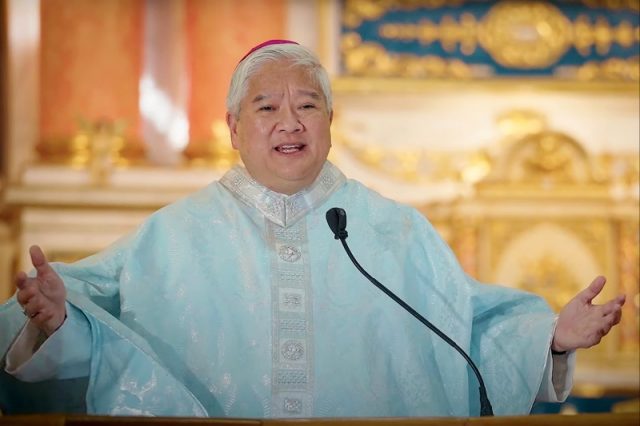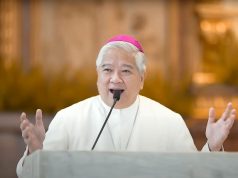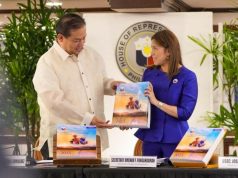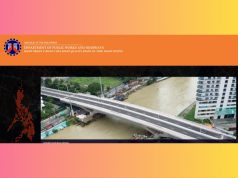A Catholic archbishop has called on the faithful to carefully study and think critically about the newly passed national budget.
Archbishop Socrates Villegas of Lingayen-Dagupan stressed the moral responsibility of citizens to ensure that the nation’s resources are allocated fairly and in a manner that genuinely reflects the democratic principles.
“It is a grave social matter,” Villegas said in a “pastoral commentary” addressed to the archdiocese’s flock.
“As your archbishop, I admonish you to study diligently, judge critically and act with vigilance on the moral concern of the 2025 national budget,” he said.
The archbishop particularly criticized the bicameral conference committee for supposedly overstepping its role, suggesting it acted as a “third chamber of Congress.”
He argued that the budget should reflect the democratic process, where the people’s elected representatives, not a select group, should be the ones to draft it.
“Regretfully, the bicameral conference committee is perceived by many to have acted as a clique of interested individuals who were not representative of popular concerns and interests,” Villegas said.
PhilHealth funding
Villegas also expressed concern over the lack of funding allocated to PhilHealth, the country’s state health insurance system, despite its role in providing universal health care.
The bicameral conference committee justified this by citing PhilHealth’s unspent reserve of P500 billion, which they argue is enough to sustain its operations.
However, Villegas criticized the agency’s failure to properly use its resources, given the widespread poverty and health needs in the country.
“No matter the promising signs of economic growth of which the government boasts, there can be no true progress when such an important dimension of public life as health is not justly addressed,” he said.
Education vs infrastructure
Villegas also questioned why the Department of Public Works and Highways (DPWH), which has faced allegations of corruption, received a higher budget allocation than education, despite the constitutional provision that education should receive top priority.
He called the decision “dismaying,” noting that it contradicts the clear constitutional mandate to prioritize education funding.
Cuts to social services
The archbishop further criticized the “deep cuts” to social services, particularly in agrarian reform and agriculture.
He warned that the reduction in funding would harm the country’s farmers, who already face challenges such as unpredictable weather and the negative impact of uncontrolled agricultural imports.
“This is the structural injustice about which the Church cannot be silent,” Villegas said.










